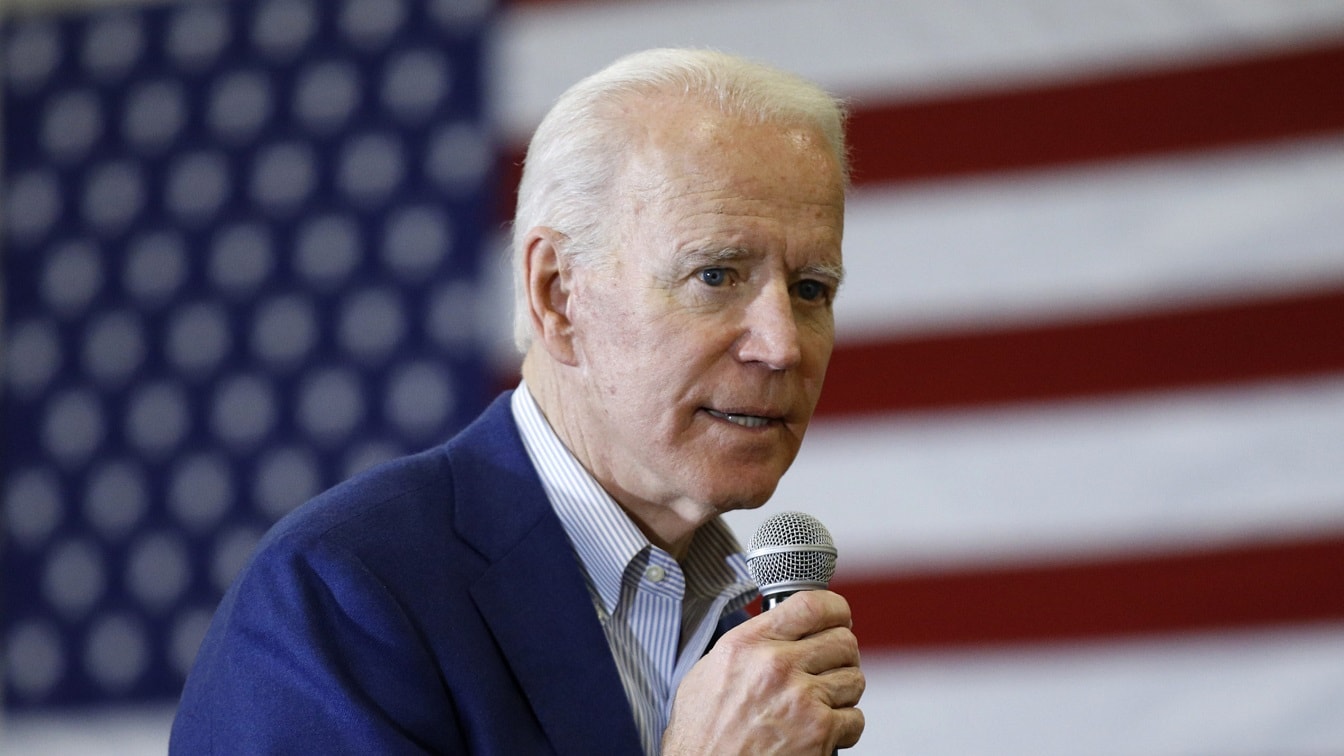President Joe Biden’s Medicare budget proposals are a tiresome combination of misrepresentations and focus-grouped scare tactics, plus old-fashioned tax increases and Medicare payment cuts.
Indeed, Biden’s remarks have simply reaffirmed Washington’s Medicare policy for most of the program’s history. It’s the policy strategy that has worsened the program’s financial problems while threatening seniors’ access to quality care.
First, the president dismisses the gravity of the issues facing Medicare and resorts to partisan politics on problems that require bipartisan cooperation.
In their 2021 report, the Medicare trustees declared:
The financial projections in this report indicate a need for substantial changes to address Medicare’s financial challenges. The sooner solutions are enacted, the more flexible and gradual they can be.
The early introduction of reforms increases the time available for affected individuals and organizations—including health care providers, beneficiaries, and taxpayers—to adjust their expectations and behavior. The Trustees recommend that Congress and the executive branch work closely together with a sense of urgency to address these challenges.
Instead of asking for cooperation, the president is attacking congressional Republicans for Medicare changes that they haven’t proposed, while conspicuously ignoring the fact that a clear majority of House Democrats are on record sponsoring national health insurance legislation that would simultaneously explode federal spending and taxes while “sunsetting” Medicare for real—including Medicare Advantage and all private and employer-sponsored health insurance.
For example, Biden has accused congressional Republicans of turning Medicare into a “voucher” program. A voucher is a certificate or a piece of paper redeemable in cash for a good or service. No House or Senate Republican has sponsored any such program.
Instead, virtually all past Medicare reform programs since the 1990s (most of them bipartisan) have been based on a market-based defined-contribution system. That’s the financing system of Medicare Advantage, which today covers more than 46% (and growing) of all Medicare beneficiaries and more than 8 million federal employees, retirees, and their families.
It’s astonishing that the president would strongly condemn a financing system that’s already soon to be the dominant form of Medicare financing.
Second, Biden doubles down on the alleged advantages of price-controlled Medicare payments. Biden promises to build on Medicare’s newly enacted “negotiation power.” That’s a false characterization of the process. Medicare does not “negotiate” prices; it fixes them.
There has never been a case where price controls fixing prices below market levels has failed to produce shortages of goods and services.
Medicare payment reductions will reduce revenue and guarantee lower pharmaceutical investment in research and development, discourage the development of new or breakthrough drugs, and have other negative health consequences. University of Chicago economist Tomas Philipson predicts that under the new law there will be a 45% reduction in pharmaceutical revenues by 2031.
Curiously, Biden also applauds the failed Affordable Care Act (aka Obamacare) Medicare payment policy, which—according to the Congressional Budget Office—reduced Medicare payments, mostly to the hospitalization program, by an estimated $716 billion for the years 2013 through 2022.
Benefit payment cuts directly threaten those dependent on the benefits. And indeed the Medicare trustees have repeatedly warned that those cuts to hospitals, nursing homes, home health agencies, and even hospice organizations would threaten seniors’ access to quality care.
Moreover, as the trustees also point out, Medicare payment policy also threatens access to physician care. In 2021, the Medicare actuaries observed, “Absent a change in the delivery system or level of update by subsequent legislation, we expect access to Medicare-participating physicians to become a significant issue in the long-term under current law.”
Third, in calling for even more taxation, Biden ignores the mounting tax burdens that already exist to finance Medicare. From the standpoint of federal taxpayers, the cost of Part B, the part of the program that finances physician care, will present the biggest challenge.
In 2019, Medicare payments drawn from the Treasury consumed 17% of all federal income taxes. By 2040, those costs are projected to consume 26.6% of them.
Millennials and future generations won’t know what hit them.
But there’s a better way to reform Medicare.
The best path forward would be to harness the power of personal choice and intense competition among plans and providers.
That can be done by building on the success of the Medicare Advantage program, which, unlike traditional Medicare, provides protection from the financial devastation of catastrophic illness.
Congress also could fix the flaws in its payment system. Lawmakers could also expand certain benefits not now available, such as allowing beneficiaries to take advantage of health savings accounts, as well as drug coverage in medical savings accounts plans, and hospice coverage for end-of-life care.
MORE: Hunter Biden Looks Doomed
MORE: Joe Biden: Too Old To Be President?
MORE: Kamala Harris Could Be Replaced?
MORE: Donald Trump Headed to Jail?
MORE: Joe Biden Keeps Breaking the Law
Robert E. Moffit, Ph.D., a seasoned veteran of more than three decades in Washington policymaking, is a senior fellow in domestic policy studies at The Heritage Foundation. This first appeared in the Daily Signal.

